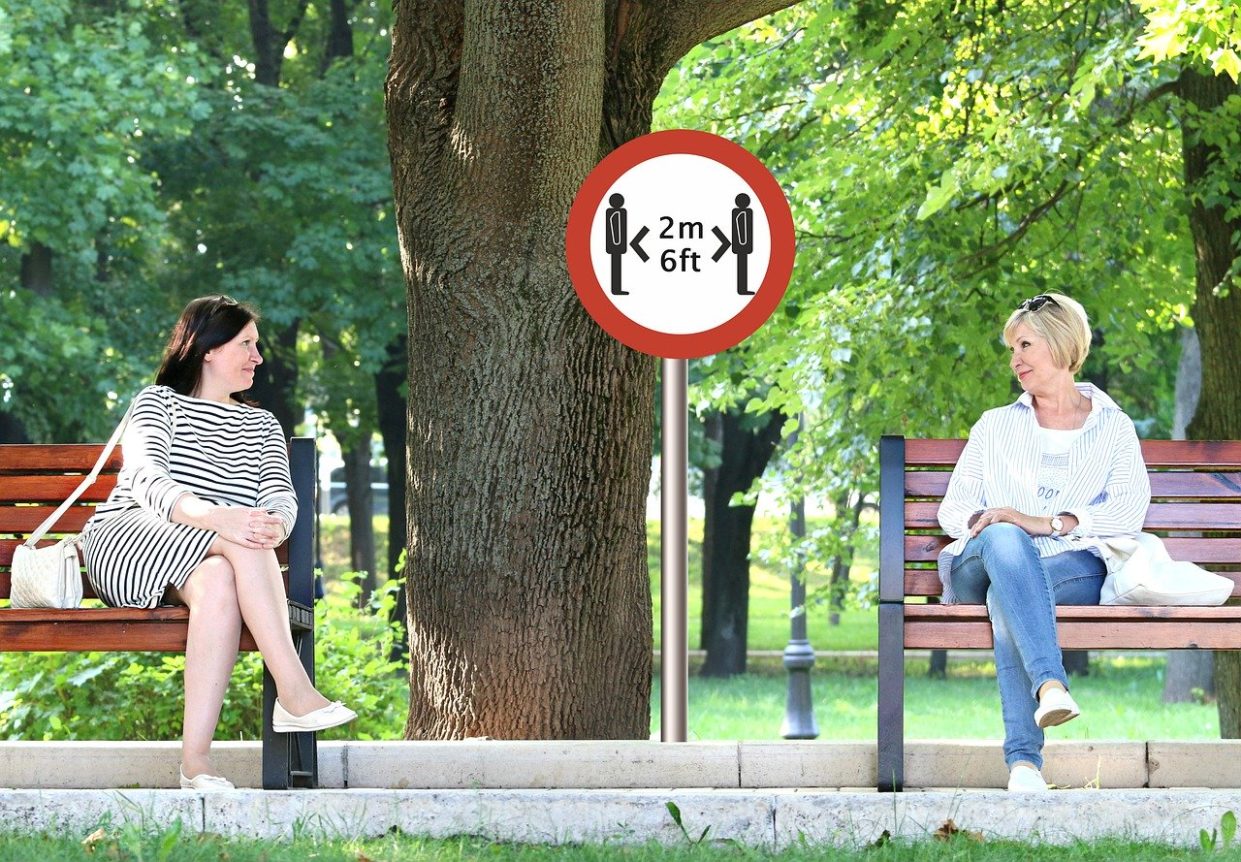Every day is different for the spread of coronavirus – the disease is spreading fast, with numbers increasing rapidly day per day.
Governments have exhausted different efforts to curb the virus, including closing their borders, encouraging people to practice social distancing, asking business owners to explore a work from the home arrangement, and reminding people always to practice proper hygiene.
The Coronavirus Disease 2019 (CoViD19) is an infectious disease that can be transferred from one person to another through droplets brought about by coughing and sneezing. One can get it through sustained contact (two meters) with an infected person for more than 15 minutes.
Thus, anyone exhibiting symptoms – coughing, sneezing, sore throat, and fever – are immediately asked for self-isolate so as not to infect more people. However, self-isolation is not enough.
Citizens Asked to do Social Distancing
In order to slow down the spread of the virus, the UK government is asking its citizens to practice social distancing. The virus will die without a host, and through social distancing measures, the virus will die a natural death.
Everyone has a part to play in this battle against an invisible enemy. Here are some things that one can do to help stop the spread:
- Evaluate your activities for the whole week. Think about how you can integrate or merge the activities, so you won’t have to go out a lot. You can also let go of the things that are not extremely necessary.
- Check on your elderly relatives or neighbor or those that have preexisting conditions. You can volunteer to buy their groceries for them. The elderly and those who have preexisting conditions are known to be more vulnerable to the virus. You can even explore the possibility of an arrange online delivery for them.
- Plan ahead in case a family member would need to self-isolate for a couple of weeks. Choose a room where he/she can self-isolate. Leave his/her meals in the door. Do not allow him/her to go out of the room unless he/she needs to go to the toilet. If there are two toilets in your house, you can designate that for him/her.
- Consider a work from home arrangement. Commuting to work every day increases your chance of contracting the virus. The more you stay at home, the safer you and your family will be.
- Continue practicing proper hygiene. Wash your hands regularly or always have a disinfectant with you.
- If you do the groceries, take a bath immediately. Disinfect your shoes and disinfect the items that you brought from outside too. Also, do not forget to disinfect your mobile phones.
Social distancing is an effective way to help slow down the virus, but this is not enough. It has to go with other actions for us to put an end to this pandemic completely.
Aside from social distancing, healthcare institutions like the National Health Services (NHS) must be well equipped and must have enough supplies to carry out the battle against the disease. The medical front liners must be well-protected so they can treat and save more people. The government is also weighing on the social impact this virus will leave after the medical part will be addressed. It’s still a long way before our fight against the coronavirus will end, and if we want to emerge victoriously, we have to do our part in making sure the virus won’t spread anymore.
The simple act of social distancing can go a long way in our fight against this pandemic. If you don’t pass it on to others, you’ve done your part in stopping this pandemic. Stay at home and be your hero.

